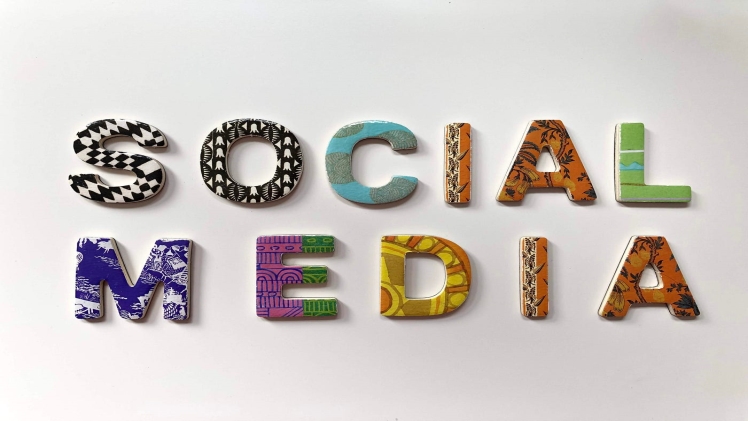In the 21st century, the term “social media” has become synonymous with the digital fabric of our interconnected world. From sharing moments with friends and family to shaping public discourse, social media has transformed the way we communicate, connect, and consume information. As we navigate this ever-evolving digital landscape, it is imperative to explore the multifaceted role social media plays in our lives, influencing everything from personal relationships to global conversations.
At its essence, social media is a virtual agora, a digital town square where individuals gather to share, express, and engage. Platforms like Facebook, Instagram, Twitter, and LinkedIn have become integral to the way we communicate, fostering connections that transcend geographical boundaries. These platforms provide a space for self-expression, enabling users to curate their digital identities through posts, photos, and shared experiences.
One of the defining features of social media is its ability to democratize information dissemination. News and events no longer unfold solely through traditional media outlets; instead, they are often first witnessed and reported by individuals on the ground. The real-time nature of platforms like Twitter has turned citizens into citizen journalists, shaping the narrative of unfolding events and influencing public perception.
However, the democratization of information comes with its challenges. The rise of misinformation and fake news has become a pressing concern in the social media landscape. The ease with which information can be shared and amplified on these platforms has led to the rapid spread of rumors, false narratives, and conspiracy theories. Navigating the digital realm requires users to be discerning consumers of information, critically evaluating sources and verifying content.
Social media’s impact on personal relationships is both profound and nuanced. On one hand, it facilitates connections and allows individuals to stay in touch across vast distances. The ability to share life updates, photos, and messages in real-time strengthens bonds and creates a sense of virtual togetherness. On the other hand, the curated nature of social media often leads to comparisons and a phenomenon known as the “highlight reel” effect, where individuals may perceive others’ lives as more glamorous or successful than their own.
The influence of social media extends far beyond personal relationships; it has become a powerful tool in shaping public opinion and driving social change. Movements like #BlackLivesMatter and #MeToo gained momentum through social media platforms, harnessing the collective power of online communities to raise awareness and demand justice. Social media’s role in activism highlights its potential as a catalyst for positive societal transformation.
Businesses and brands have also harnessed the power of social media for marketing and engagement. Platforms like Instagram and Pinterest provide visual mediums for showcasing products and lifestyle branding. Influencers, individuals who have amassed large followings, play a pivotal role in shaping consumer trends and preferences, turning social media into a formidable force in the world of commerce.
However, the commodification of attention on social media has raised concerns about its impact on mental health. The constant stream of curated content, often portraying idealized versions of life, can contribute to feelings of inadequacy, anxiety, and depression. The addictive nature of scrolling feeds and seeking validation through likes and comments has prompted discussions about the need for digital well-being and mindful consumption.
In conclusion, social media is a double-edged sword, offering unprecedented opportunities for connection, expression, and influence while also posing challenges related to misinformation, mental health, and privacy. As we navigate this digital landscape, it is crucial to approach social media use with awareness, critical thinking, and a commitment to fostering positive and meaningful interactions. Social media’s impact on our lives is undeniable, and its role in shaping the future of communication, connection, and societal change is likely to remain a central theme in the ongoing narrative of the digital age.

